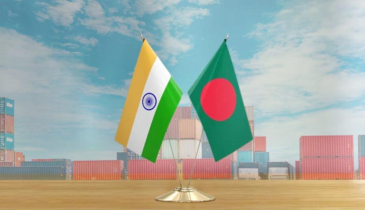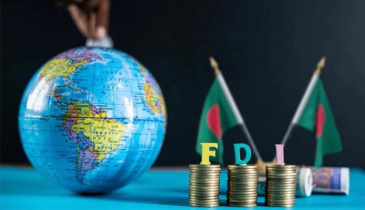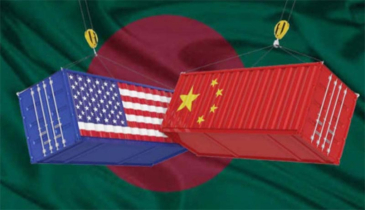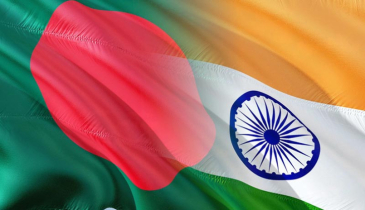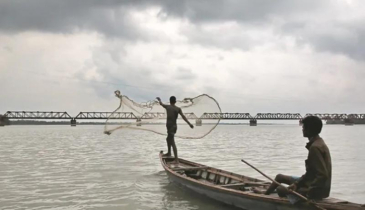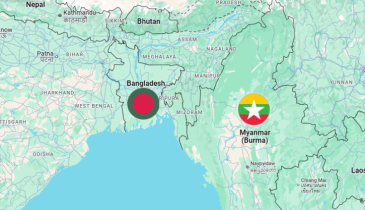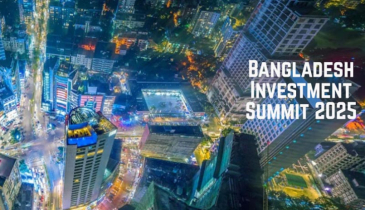Bangladesh's Careful Diplomacy in the India-Pakistan Crisis
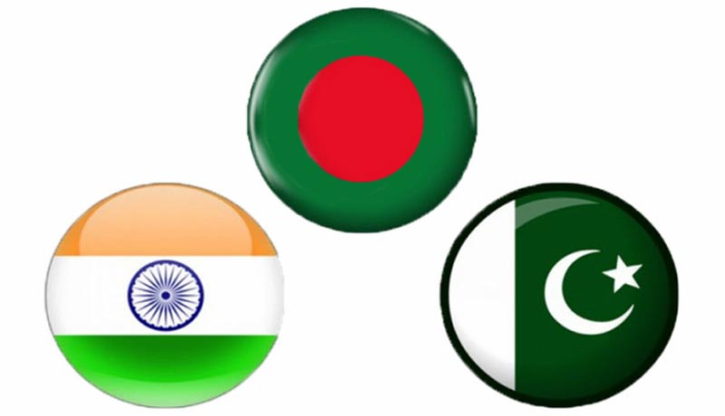
In the midst of heightened tensions between India and Pakistan, Bangladesh has opted for a measured and diplomatic approach. Chief Adviser Muhammad Yunus issued a statement on May 10 commending both Indian Prime Minister Narendra Modi and Pakistani Prime Minister Shehbaz Sharif for agreeing to an immediate ceasefire and engaging in dialogue. “Bangladesh will continue to support our two neighbors to resolve differences through diplomacy,” Yunus remarked, reinforcing Dhaka’s commitment to peaceful conflict resolution.
Bangladesh’s response reflects a broader strategic calculus – preserving stability in South Asia while maintaining a balanced relationship with both New Delhi and Islamabad. Dhaka has historically aligned itself with India on many fronts, owing to deep-rooted historical ties, trade dependencies, and security collaborations. However, the government’s latest statements underscore a commitment to nonalignment, signaling Dhaka’s intent to support diplomatic dialogue without overtly favoring either side.
The Yunus administration has prioritized a pragmatic foreign policy that prevents Bangladesh from being drawn into unnecessary conflicts while maintaining strong bilateral ties with key regional players. Bangladesh’s nonaligned position also finds resonance in its broader engagement with multilateral institutions such as the United Nations, the BIMSTEC, and the Organization of Islamic Cooperation (OIC). By reaffirming support for diplomacy rather than military confrontation, Dhaka reinforces its image as a stabilizing force in South Asia.
While the official response has been measured, public reactions to the India-Pakistan crisis reveal a complex web of sentiment within Bangladesh. While Bangladesh has historical wounds linked to Pakistan – particularly the atrocities of 1971 – some Bangladeshis have expressed support for Pakistan in the current conflict, citing religious solidarity. One individual remarked, “Even though I am anti-Pakistan for their role in 1971 in Bangladesh’s liberation war, I support Pakistan in this war [with India] as a Muslim.”
Issues such as India’s border policies, its role in Bangladeshi domestic politics, and concerns over water-sharing agreements have contributed to an undercurrent of resentment in sections of the Bangladeshi populace.
Further adding to the public reaction, even during the India-Pakistan conflict, Indian security forces reportedly pushed over 200 individuals into Bangladeshi territory, claiming them to be Bangladeshi nationals. Dhaka raised concerns over the manner in which these individuals were sent across remote border areas rather than through established formal channels. The episode also underscores deeper anxieties within Bangladesh regarding India’s policies on migration and identity verification.
Border management is a long-standing issue between Bangladesh and India. Border tensions between the two neighbors have been a recurring issue, with periodic disputes over undocumented migration, smuggling, and security concerns. Dhaka has repeatedly sought assurances from India that border management would be conducted in a manner that respects Bangladesh’s sovereignty, by being handled through formal diplomatic channels rather than unilateral actions that might strain bilateral relations. This latest incident risks exacerbating existing grievances and reinforcing perceptions of unequal treatment.
Bangladesh’s positioning is increasingly vital as global powers, including the United States, China, and Russia, evaluate their own interests in the evolving South Asian landscape. As India deepens its defense partnerships with Western nations, and Pakistan navigates its economic and strategic realignments, Bangladesh finds itself in a position where diplomacy remains its strongest tool.
.png)


